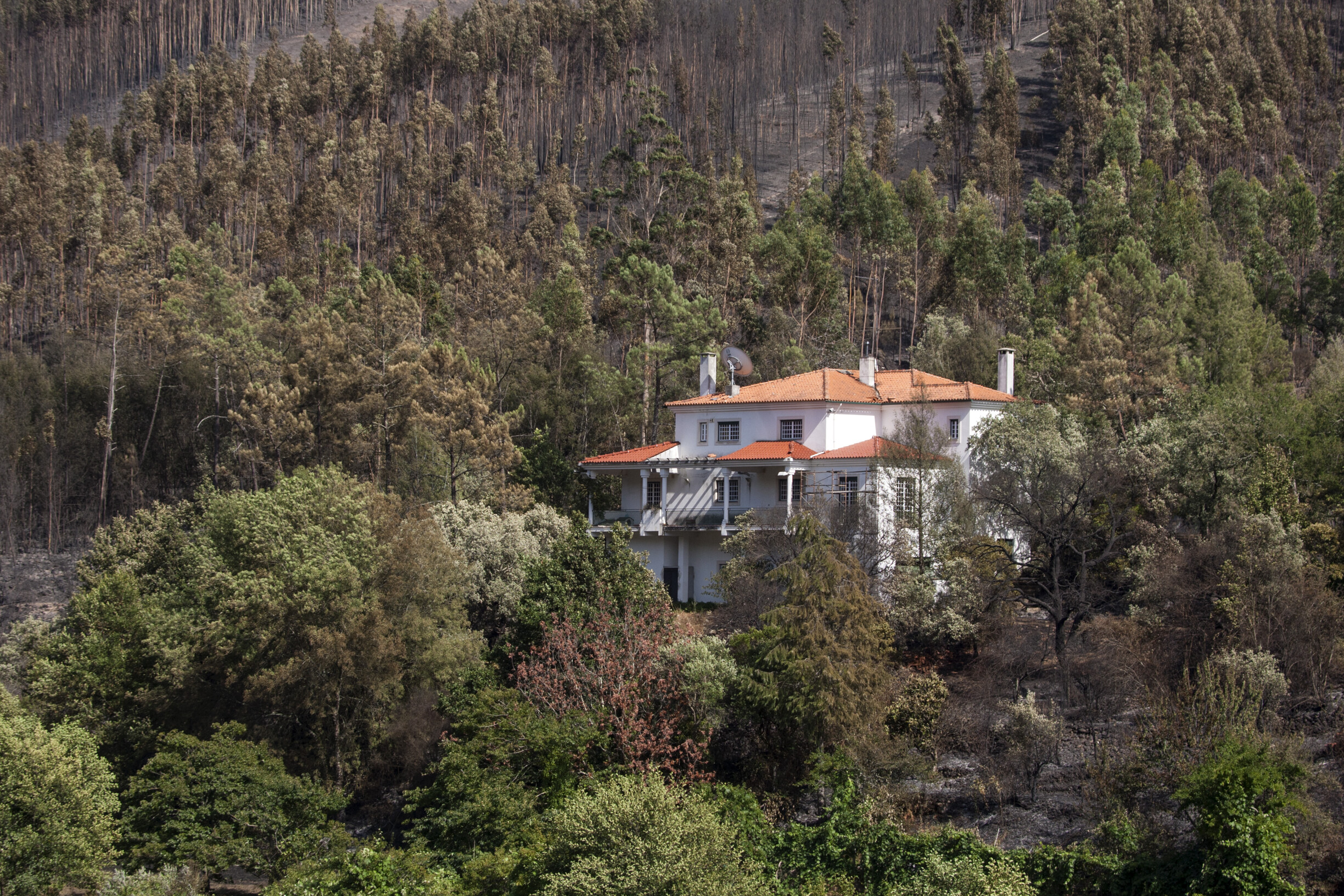Summary:
Waste management in Lisbon is a pressing issue requiring immediate attention.
The importance of recycling and recovery of materials to save energy and water is emphasized.
The impact of e-commerce has significantly increased waste in Lisbon.
Proposals include valorizing waste and implementing fines for non-compliance with disposal rules.
Community initiatives like Trokaki and Circular Wear highlight the potential for a circular economy.
A Personal Reflection on Waste Management
I start with a story: In the 1980s, I lived in Porto, where a shop nearby bought fabrics and paper by the kilo. My father taught me the shop's value. From that day on, every discarded paper in my house had a destination; I sold it. At 11 years old, I used the money for my youthful desires. Did I get rich? No, but there was no paper littering Porto, as it was a valuable material.
When I moved to Lisbon in 2005, my lifestyle changed. I had to park far from home and noticed the streets littered with garbage. Residents emptied their homes, leaving trash on the streets for weeks. I've documented countless situations and reported them to local authorities.
Ineffective Solutions and Political Weight
I've witnessed various attempts to tackle the problem, but few have been effective. What is the cost of waste collection? What is the political weight of inefficiency in waste management? Where do the waste go?
Paper, glass, metal, textiles, and cardboard are by-products that can re-enter production cycles, serving as raw materials for paper, glass, and steel industries. Thus, citizens are not just throwing away trash; they are wasting essential raw materials. Recycling and recovering these materials save energy and water.
The Impact of Commercial Areas
In Lisbon, the impact of waste disposal varies depending on whether the area has commercial zones, hotels, restaurants, or residential neighborhoods. In the city center, we can find examples of neighboring parishes with completely different human geographies and waste management issues.
In recent years, the rise of e-commerce has led to an exponential increase in cardboard and paper waste. The problem isn't due to a lack of funds, as there are resources from the tourist tax and around 50% of the water bill is fees charged by the Lisbon City Council.
Proposed Solutions for Urban Hygiene
Although I am not an expert in waste management or the environment, I see a short-term solution to Lisbon's urban hygiene issues: valorizing waste by paying for paper, plastic, and metal, and establishing collection centers that compensate those who sell to them.
In the medium term, we need to invest in awareness and information campaigns for new residents about waste collection rules in Lisbon. Long-term, we should impose fines for those who do not comply with domestic and commercial waste disposal regulations.
Community Initiatives and Environmental Education
There are already projects in Lisbon, initiated by civil society under the scope of Environmental Education, but they haven't been adequately supported by local authorities, with few exceptions like “Trokaki,” “Circular Wear,” and “Let’s Swap,” which prevent thousands of objects from being discarded as trash, exemplifying the circular economy.
The resolution of the waste problem in Lisbon should be seen as an opportunity for debate about environmental education, changes in management policy, and waste valorization, combined with effective oversight processes. Adopting a holistic approach that encompasses these aspects could be key to a cleaner and more sustainable city, environmentally and energetically.









Comments
Join Our Community
Create an account to share your thoughts, engage with others, and be part of our growing community.